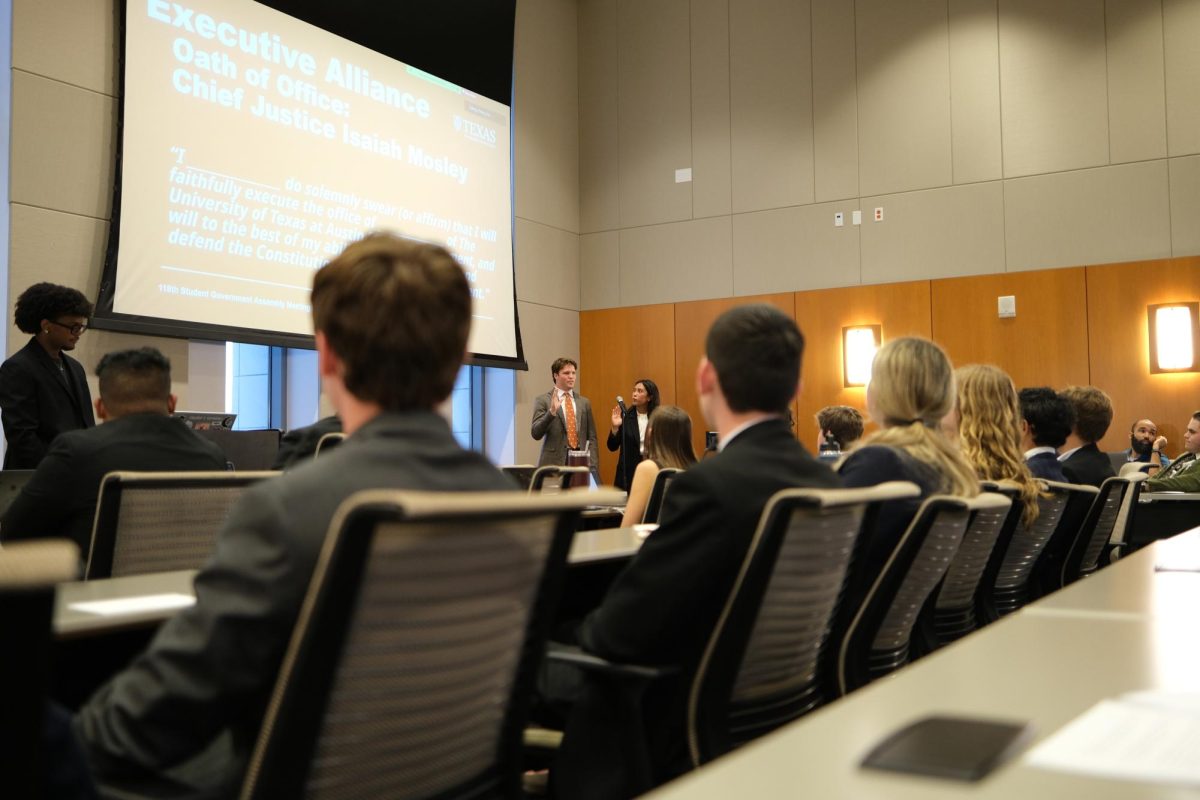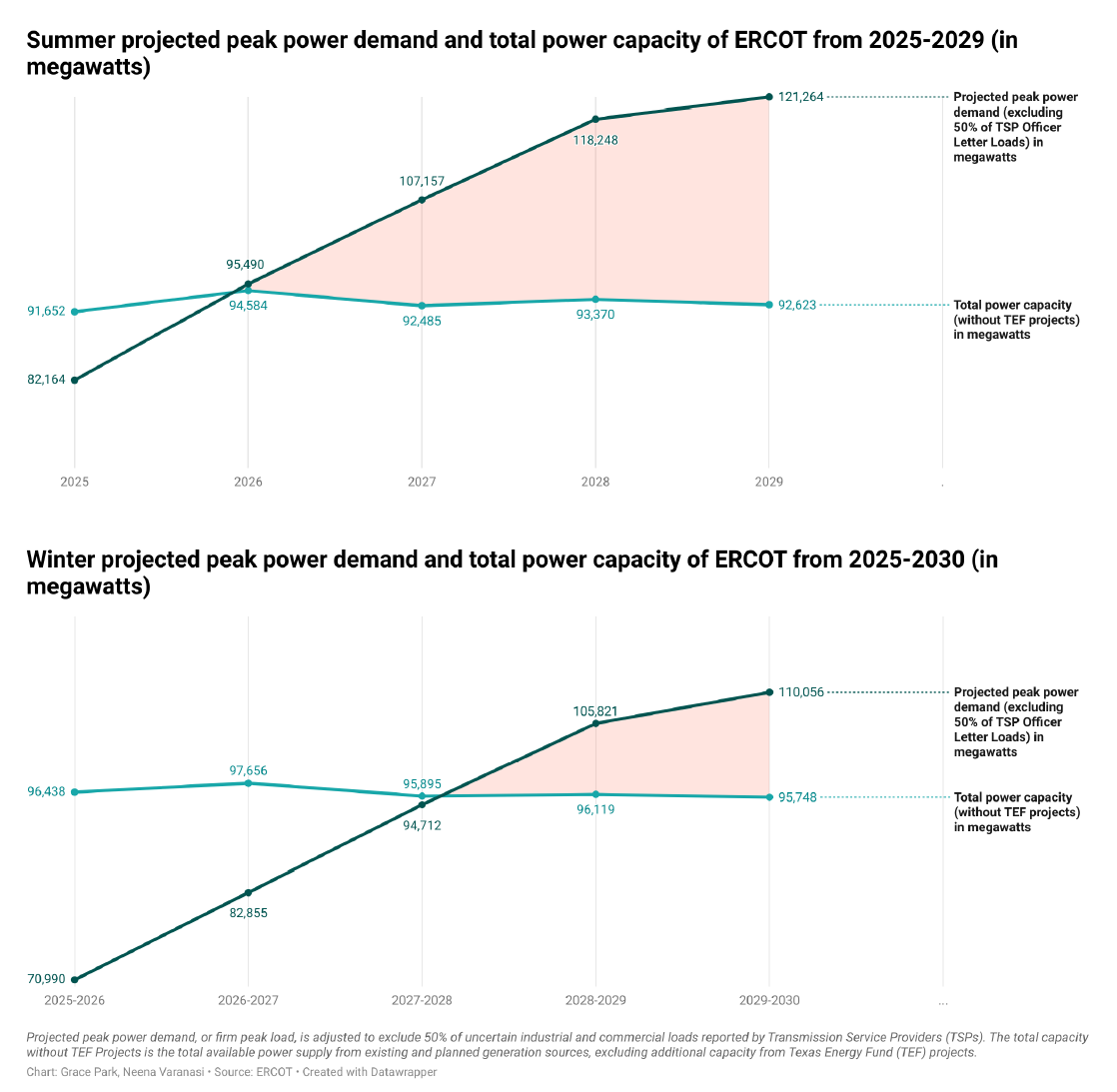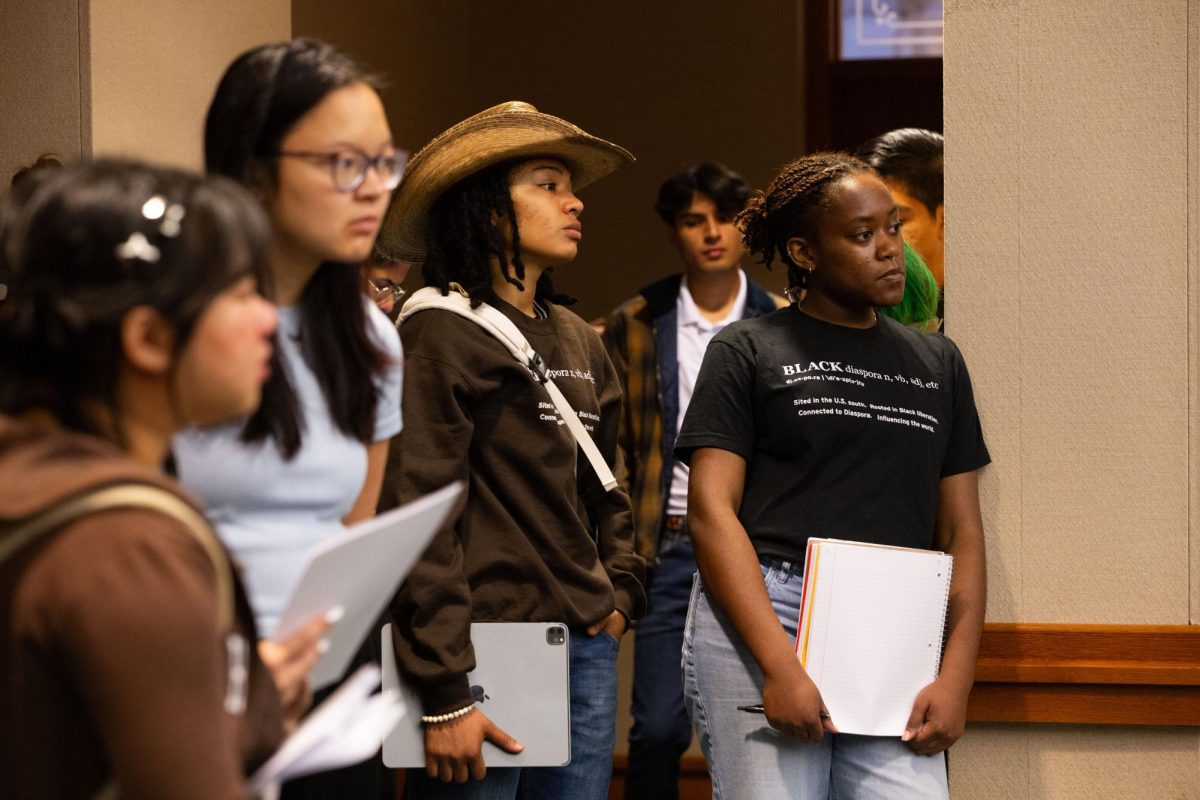A group of Mexican-American women from Texas were essential in increasing cultural understandings of Latin-American citizens living in the U.S. during the first half of the 20th century, according to a visiting expert from Yale.
Ph.D. candidate Serena Sprungl presented a workshop to the Institute for Historical Studies, focusing on ethnic Mexican women’s activism and public cultures as they contributed to a more culturally-accepting Texas.
The League of United Latin American Citizens, founded in Texas in 1929, became instrumental in gaining recognition for Mexican contributions to Texas society and establishing a Mexican-American identity, Sprungl said.
“The project reflects my long-standing interest in Mexican history, as well as my frustration that so much cultural history is told as a white U.S. history,” Sprungl said. “By going in and observing patterns in cultural artifacts, such as the newspapers and cartoons of the time, I want to highlight the meanings and implications of race and gender as understood by ethnic Mexicans in the 1930s.”
Understanding the work of LULAC was an important part of giving ethnic Mexicans who are learning in U.S. schools an accurate picture of their cultural heritage, Sprungl said.
Assistant history professor Anne Martinez said Sprungl’s work documented Mexican and American women in Texas reaching out internationally to Latin America and establishing important cultural ties.
“This is the beginning of us trying to think in a transnational lens,” Martinez said. “Certainly, there was a different language for doing that at the time, but that is something that’s still evolving as globalization takes root and our economy is shifting.”
“Again, the U.S. is trying to recognize and process our relationship with other nations while foreign nationals are present, as they have been for centuries,” Martinez said.
Ph.D. candidate in Latin-American history Renata Keller said the talk was important for understanding identity in the frontier region during the 1930s.
“[Sprungl’s] ideas go a long way towards conceptualizing how people position themselves in one country, but have a dual Mexican-American heritage,” Keller said. “We’re still dealing with these issues, especially immigration, and how we decide who is American.”
Printed on Tuesday, November 1, 2011, as: Mexican-American women from Texas establish identity



















